A Brief History in Documentary Photography
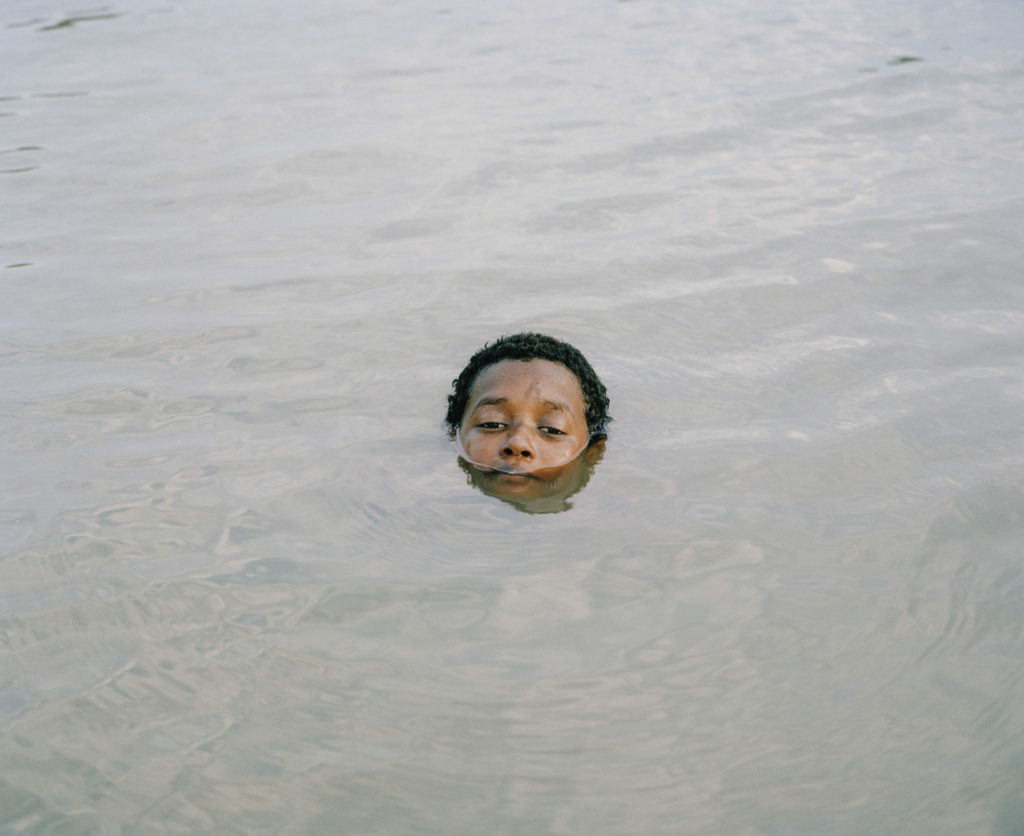
Claudio, Paraguay River, Cáceres, Mato Grosso, Brazil, 2015.
Documentary photography, the way I understand it, is all about capturing images that aren’t solely focused on the beauty of themselves, nor the color, but rather focus on capturing people, places, events, etc. The same way a regular documentary tells a story on a specific subject through interviews and video, photographers can find a way to tell stories through photographs.
This style of photography can be traced way back to the 1880s. The work of Phillip Delamotte, for example, is often credited with using photography as a tool to document important events.

I’m sure that documentary photography is a style that was bound to happen naturally one way or another. As soon as the camera was invented, photography itself has gone through many styles, but documentation is one that rises naturally when having that tool. For example, American photographer, Matthew Brady, documented parts of the civil war in 1861. The intention is always to tell a relevant story, something that can be portrayed though a series of photographs and that people want to know about. I think that war is actually one of the most documented events through photography. War photographers have the ability to place you in these visceral situations, depicting terrible acts and harrowing moments.
There is a documentary photography project I read about that I thought was outstanding and relevant right now. The project is called Water Stories, and the photographs were taken by Mustafah Abdulaziz. This project showcases many countries and how they are struggling with the global water crisis. The way Abdulaziz photographs these situations creates a lot of empathy. Talking about striking imagery, Nick Ut photographed the Vietnam War in a crude, realistic and unfiltered way that has always seemed to me one of the boldest and most rough compilation of war ever taken. It’s so horrible but so important at the same time. I think it’s a great job on portraying the terrors of war.

The most recognized photo from Ut is probably The Napalm Girl, which one him the Pulitzer, but after examining his entire work on war, there are many haunting images.
The Farm Security Administration was an agency created in 1937 to combat rural poverty. The reason it is most known today is because of its photography. They had an influential program that highlighted the poor conditions of farmers at the time, since it was during the great depression. Dorothea Lange, one of the most influential and recognized documentary photographers, did a lot of work for the FSA during the Depression era.
Documerica, similar to the FSA, was a program that was sponsored by United States Environmental Protection Agency. The goal was to document through photography the current environmental crisis in the U.S.

Lewis Hine was an American photographer that exposed the cruelties of child labor and thanks to his work, many changes were made in terms of child labor laws. Hine knew how to humanize children though portraits, which exposed the terrible conditions they were being submitted to at the time, while showcasing their innocence.
Dorothea Lange was well known for her photography during the Depression. Leni Riefenstahi did some work during the 30s about propagandist film and how it promoted the Nazi ideology.

Robert Capa is one of the most renowned war photographers of all time. His work spans many years, and he left an impression like few have ever done. Ken Domon in known for his work on the Hiroshima bombing survivors after World War II. Nadav Kender is known for photographing the Yangste River in China during the 60s. More recently, Rafal Milach, Polish photographer has been documenting the transformation of the Soviet Bloc in creative and innovative way. The future of documentary photography is still in constant change and evolution.
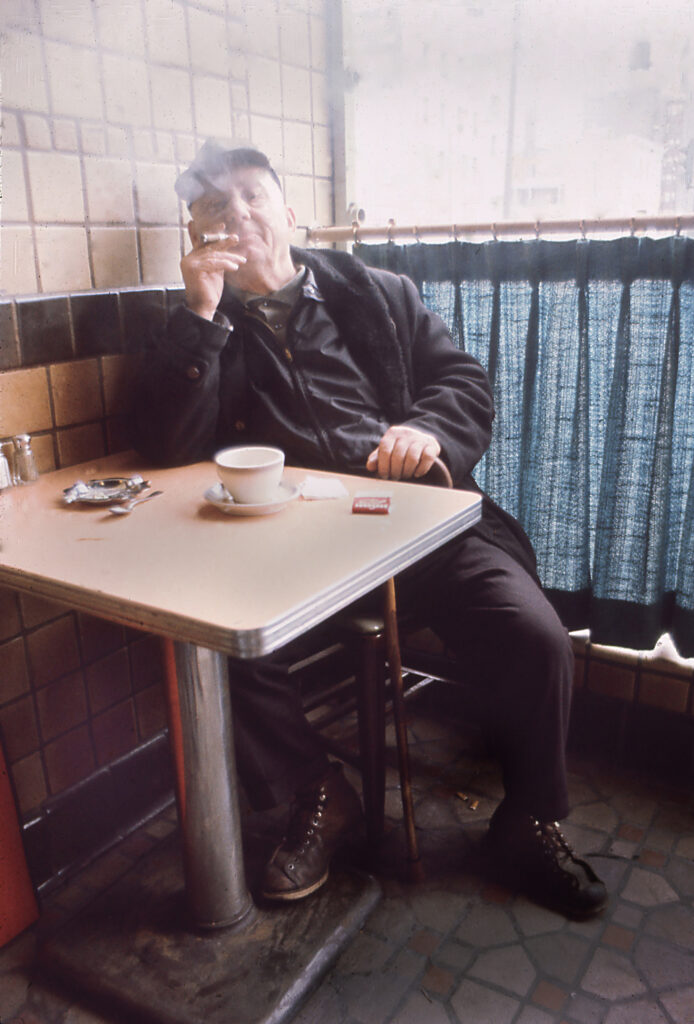

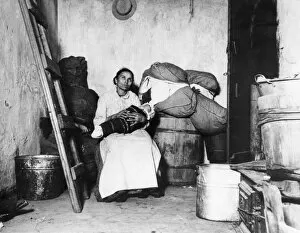
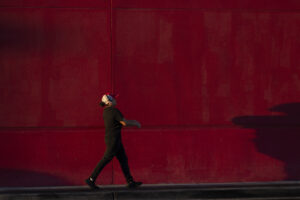
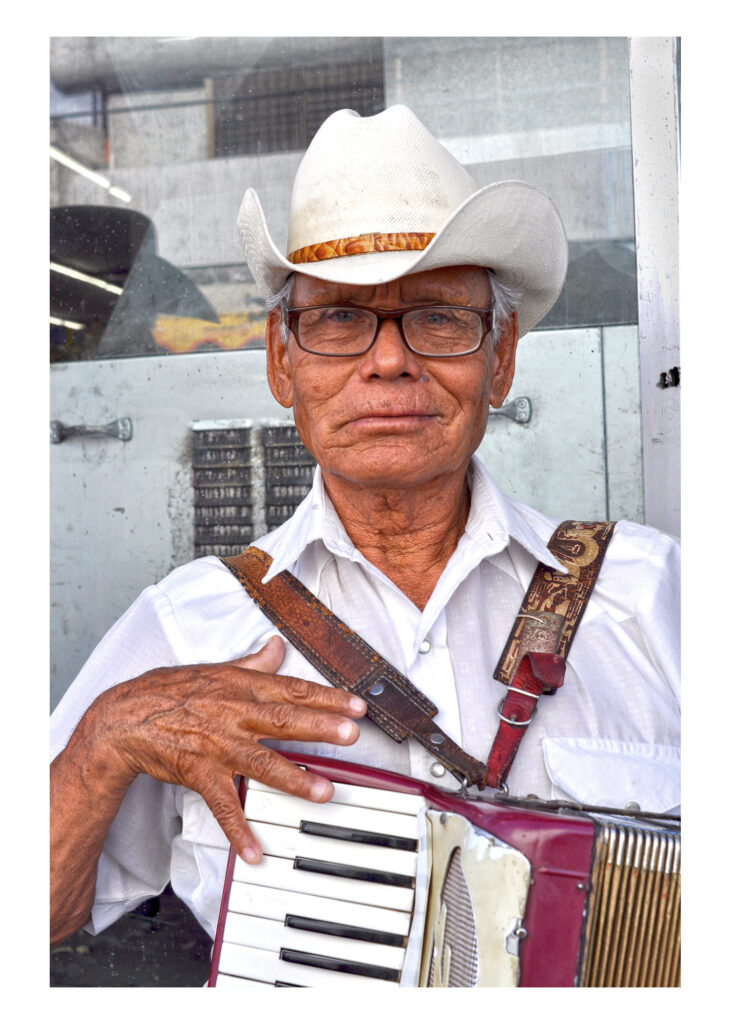


Good post Raul./ Good paper. Like your selection of images. Strong!
Have you ever seen the Mexican Revolution photos from the Victor Cassasola Studio. There 100,000sof his images at the National Archive in Pachuca.
Really interesting.
https://www.pinterest.com/royquixote/agustin-victor-casasola-photographer-archivist/